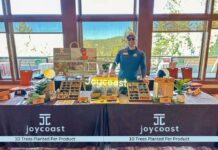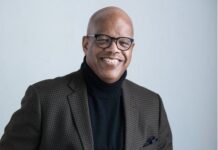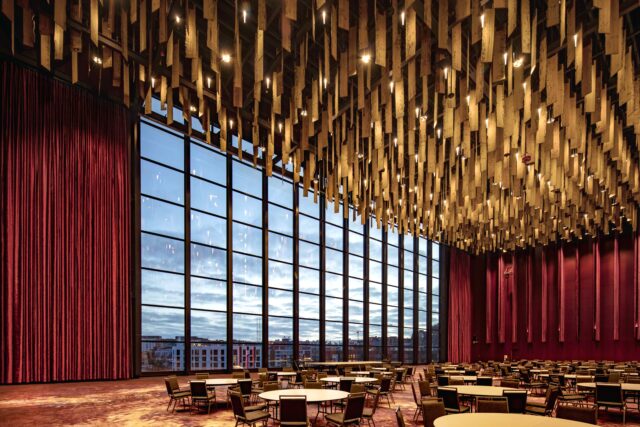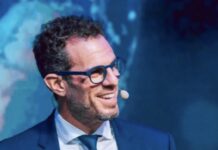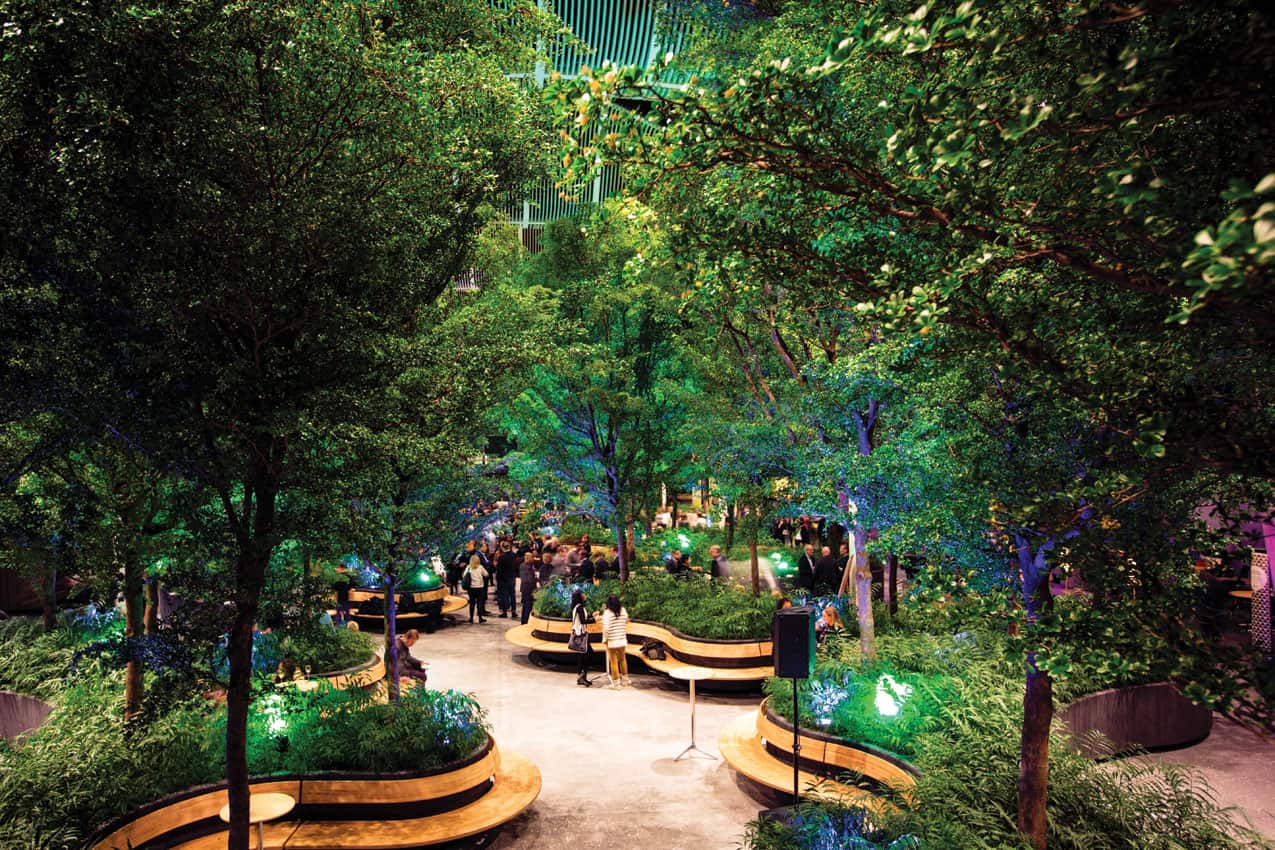
Bells chirp against the morning light as thousands of cyclists take to the streets of Copenhagen for their daily commute, creating a sea of pantsuits, skirts and heels on wheels in the process.
Inside the Radisson Blu Scandinavia Hotel Copenhagen, the wheels are also spinning, as more than 500 global business innovators settle in for Sustainable Brands ‘16, a social good conference for inspiring sustainable innovation. Copenhagen is considered a pioneer of the purpose-meets-profit concept. On the hospitality front, more than 70 percent of all hotels hold some level of eco-certification. And whether sampling organic urban honey, sightseeing via electric boats and bicycles or splashing around in year-round harbour baths, this eco-friendly city reflected from the beginning what SB founder and CEO KoAnn Vikoren Skrzyniarz hoped would be the conference’s biggest takeaway in the end: organizations, like cities, are living systems.
“Copenhagen is a natural fit for reframing the conversation on sustainability and ROI,” Skrzyniarz explains. “The city’s forward-thinking businesses also speak to our belief that a brand should be threefold: who you are, what you do and how you do it.”
Since launching over a decade ago, Sustainable Brands’ value-based approach to commerce has been embraced by over a million business leaders worldwide. And yet, somewhere between the vision of building a social good brand and the fortitude needed to make it and others a success, Skrzyniarz is quick to point out that sustainability doesn’t yet exist. “Meeting planners feel it, but don’t have a language to talk about it. That’s where we come in—we’re driving learning across sectors. We’re urging them to go out on a limb, ‘cause that’s where the fruit is found.” Lucky for us, foraging for fruits in Copenhagen required no tree climbing at all.
The Forest Is Prime Real Estate
“Does your brand leave a positive impact or just a positive impression?” This question, posed by SB ’16 speaker Thomas Kolster, a.k.a. Mr. Goodvertising, is front of mind during a tour of Crowne Plaza Copenhagen Towers, deemed Copenhagen’s flagship sustainability hotel. The exterior of the 26-floor building is sheathed in gleaming solar panels, which along with a groundwater-based heating and cooling system, help make the hotel CO2-neutral. Inside, groups are met by a vast living green forest that includes 60 trees and 4,500 plants the moment they step through the doors.
The forest is prime real estate for cocktails and brain storming sessions, bridging environmental awareness with the social awareness of the groups that tend to meet here. And for all its might, it’s ironically a microcosm of the hotel’s bigger sustainability agenda, a story told in a multitude of ways: unsold food is donated to organizations that feed the homeless; hotel amenities have biodegradable packaging; groups can actually produce some of the hotel’s energy by hopping on bikes in the gym. In other words, people are at the heart of sustainability. The hotel has hired and provided training to more than 30 refugees to emphasize just that.
Embracing Original Purpose
There are pencils that grow organic flowers, herbs and vegetables when you plant them. Who knew? Michael Stausholm, founder of these sprouting pencils, recalls that his original vision was simply “to use something for its original purpose and then reuse it for a new purpose.“ Throughout Copenhagen, whether meeting in carefully preserved castles, palaces and gardens or some of the world’s oldest amusement parks, it’s clear that Stausholm’s idea to use and reuse has long been used and reused.
We embarked on a 45-minute seaplane ride to observe 111 wind turbines at work at DONG Energy’s offshore wind farm—where the wind and sea are finding new purpose. Renewable energy initiatives form the basis of the city’s push to become the world’s first CO2-neutral capital by 2025. Skrzyniarz says don’t expect a green arms race anytime soon.
“We’re not actually designed to be a survivalist species—we’re designed to be cooperative. How do we achieve this? Skrzyniarz offers one word: “empathy.”



